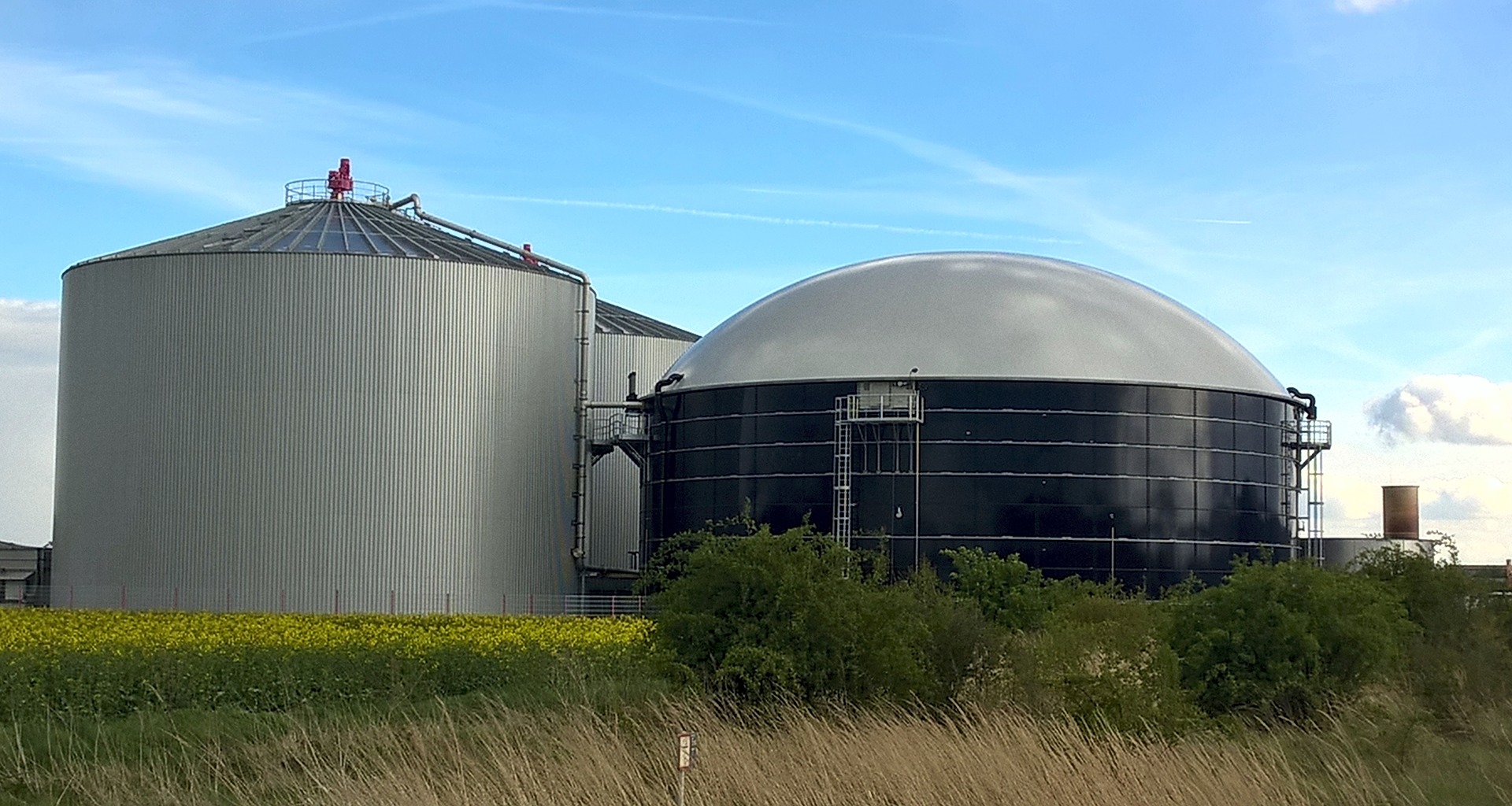What are the advantages of biomethanization over composting??
What are biomethanization and biogas?
Biomethanization is a process in which a natural selection of microorganisms decomposes organic matter through anaerobic digestion, in the absence of oxygen, into biogas and a stabilized solid residue. Biogas, which is a mixture of methane, carbon dioxide and other minor gases, can be used as fuel since, although its composition depends on the digested organic matter, the methane richness is usually around 60%.
What advantages do they bring with respect to composting?
The most interesting treatments for the organic fraction are two: biomethanization and composting, with their respective variants. The main advantage of biomethanization over composting is the fact that it is a technology that not only does not consume energy, but produces it. In addition, it is a renewable energy that contributes to reducing the production of greenhouse gases. This energy balance obviously has a positive impact on operating costs. Furthermore, anaerobic digestion is a technology especially suitable for the treatment of solid waste with a high degree of humidity and that requires a less strict balance of nutrients than composting. This means that in the case of unavailability of residues of plant origin, anaerobic digestion may be technically more appropriate. In contrast, the biomethanization process is more complex, because it requires more process steps from the moment the organic fraction enters the plant. This results in a higher initial investment for its implementation.


